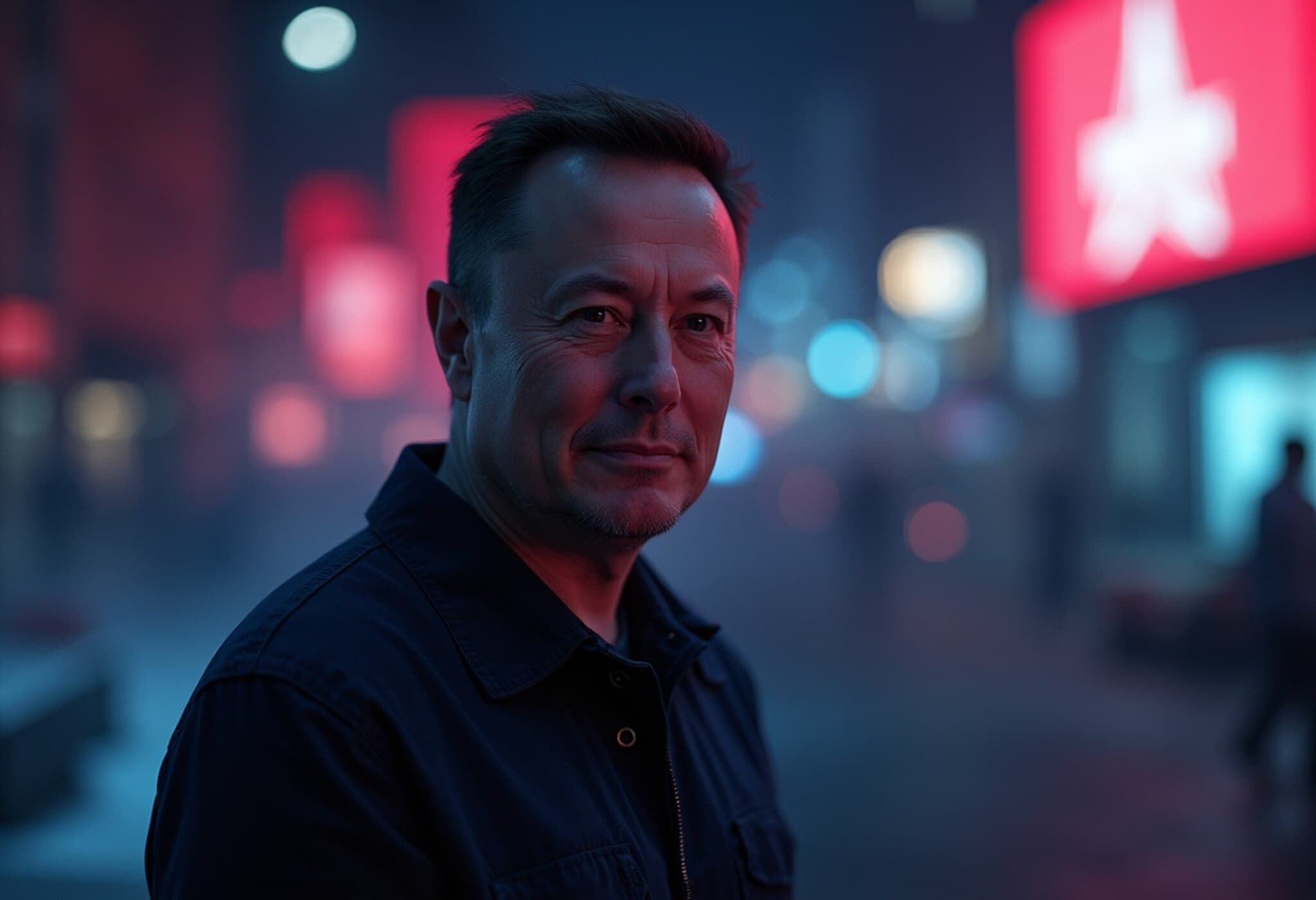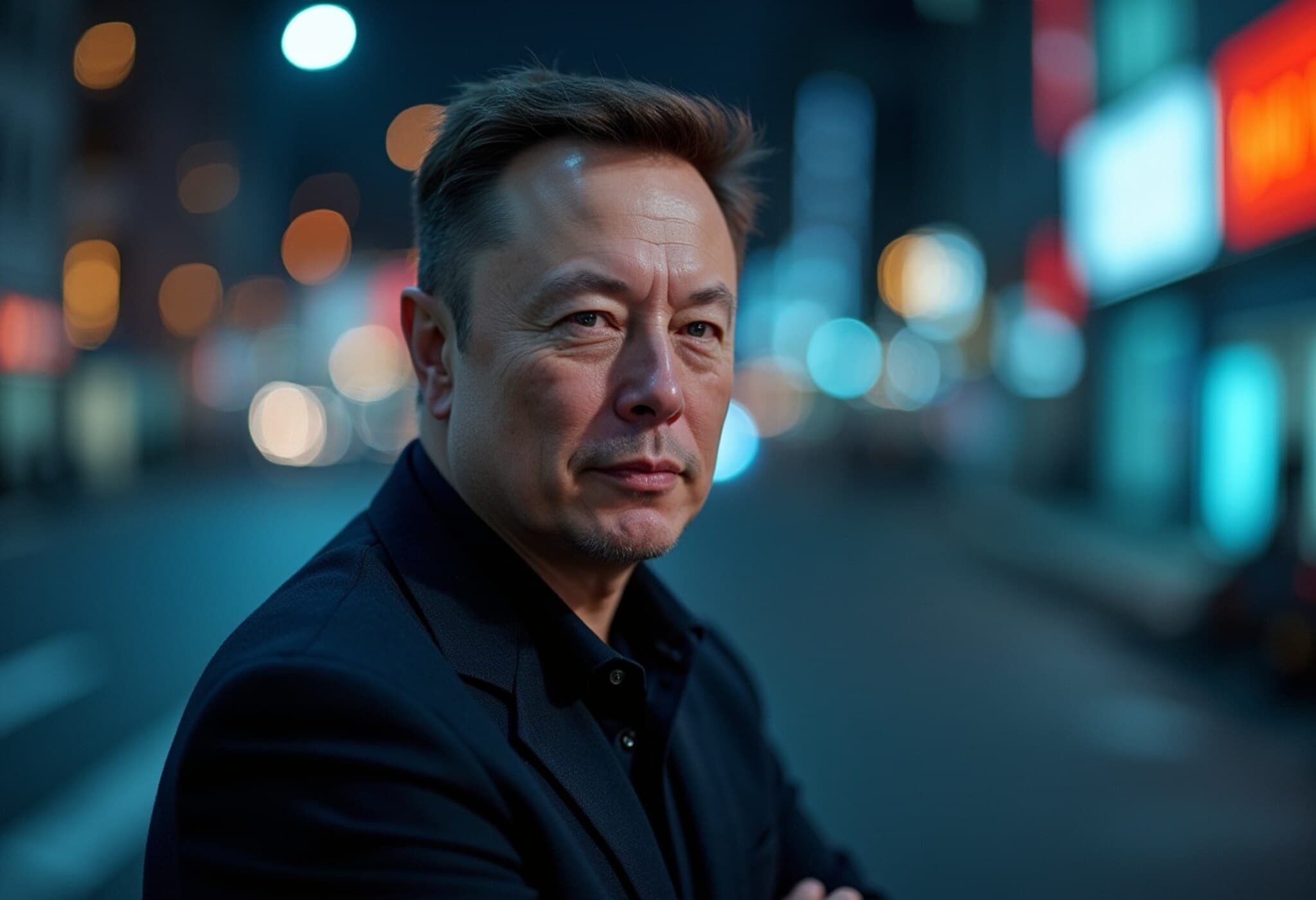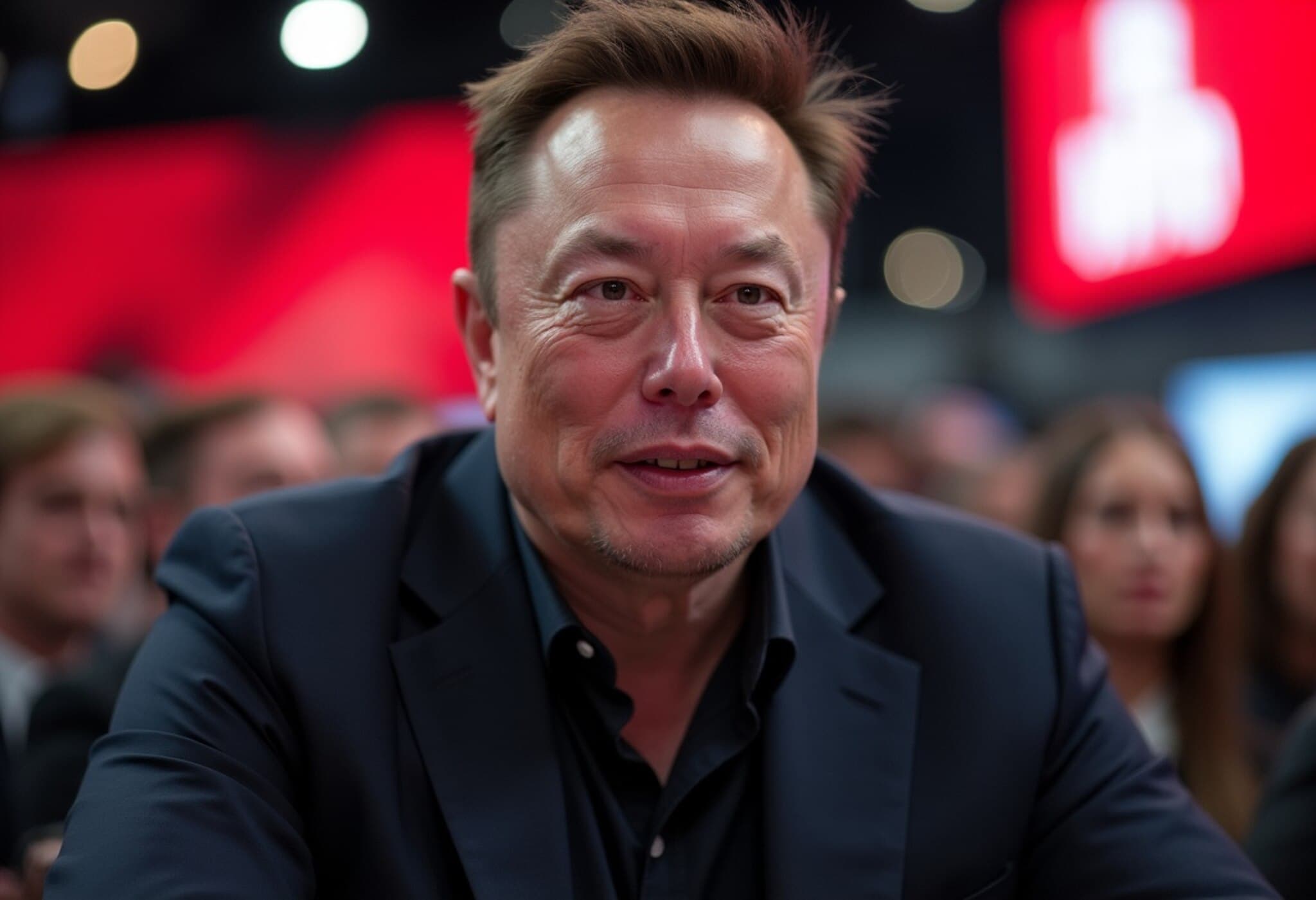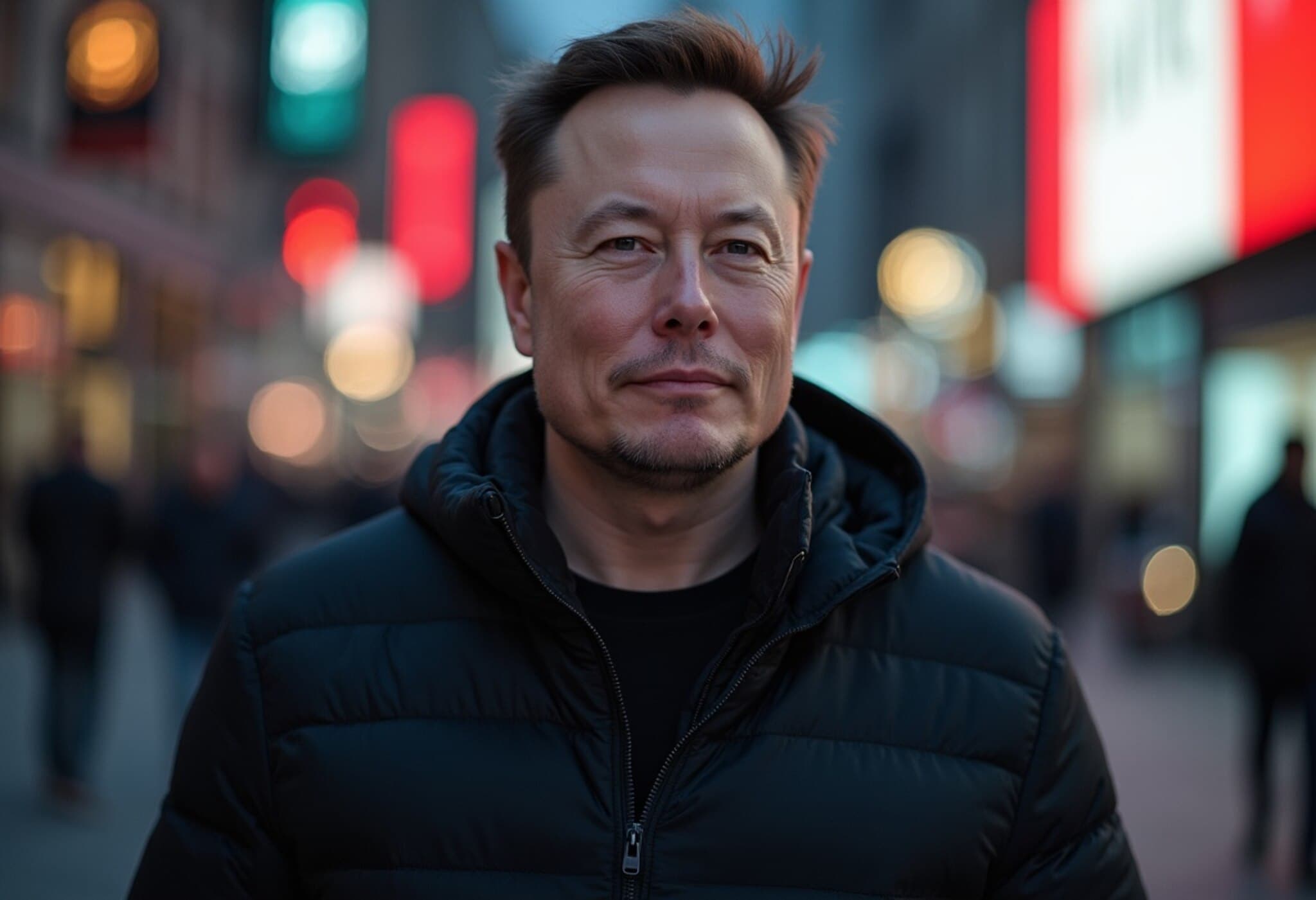Widespread Starlink Outage Shakes Internet Users Across Continents
On Thursday, thousands of Starlink users experienced a significant service disruption that brought the high-speed satellite internet provider’s network to a sudden halt across the United States and multiple countries worldwide. From major American cities like Los Angeles, New York, Dallas, Seattle, and Washington, DC to international hubs in Canada, the United Kingdom, Germany, Brazil, Mexico, and the Philippines, customers encountered sporadic speeds at best and complete blackouts at worst.
The Timeline and Impact of the Outage
Data from DownDetector, a popular service outage monitoring website, highlighted a sharp spike in reports beginning at 3:09 p.m. ET — rising from around 3,400 users to nearly 58,000 within 15 minutes. Though reports began tapering off after 4 p.m., residual connectivity issues lingered, affecting daily communications, remote work, and online services dependent on Starlink connectivity.
For many rural customers, who rely heavily on Starlink as a primary internet source due to a lack of traditional broadband infrastructure, this disruption caused severe inconvenience. The outage serves as a stark reminder of the vulnerabilities inherent even in cutting-edge satellite networks.
Starlink and Elon Musk Respond to the Crisis
In brief statements posted via its official website and the social media platform X (formerly Twitter), Starlink acknowledged the problem and reassured customers that they were "actively implementing a solution." Elon Musk, SpaceX’s CEO and Starlink’s visionary, personally offered an apology for the disruption, assuring users that the company would identify the root cause to prevent future failures.
“Service will be restored shortly. Sorry for the outage. SpaceX will remedy root cause to ensure it doesn’t happen again,” Musk wrote.
This public communication reflects Starlink's recognition of both the scale of the outage and the critical nature of internet connectivity in today’s society, especially as satellite internet aims to close digital divides.
Public Reaction and Broader Implications
The incident quickly sparked conversations across social media platforms, including Reddit, where users swung between frustration and humor. As one user quipped, “I told someone an hour ago how reliable Starlink is… this is clearly my fault.” Another echoed the global nature of the disruption with a simple comment: “It’s worldwide.”
This outage not only raises questions about the reliability of next-generation satellite internet providers but also underscores the increasing dependence of societies on uninterrupted connectivity—even when served via novel infrastructures. Experts in telecommunications suggest that while satellite broadband holds immense promise for expanding access, robust backup mechanisms and transparency in incident management are vital to maintaining user trust.
Why This Matters to the US and Global Connectivity Landscape
Starlink’s promise has been to revolutionize internet access, especially in underserved and remote regions of the US and abroad. However, as this episode reveals, satellite internet services are not immune to failure, and their growing role in critical infrastructure demands both rigorous operational resilience and clear communication with users during outages.
For policymakers, this incident emphasizes the importance of fostering diverse, redundant communication networks and investing in broadband infrastructure that can withstand unexpected disruptions.
For consumers and businesses alike, recognizing the limitations alongside the benefits of satellite internet is critical while contingency plans for connectivity are increasingly integrated into operational strategies.
Editor’s Note
The recent Starlink outage serves as a pivotal moment in the evolution of global internet infrastructure. While Elon Musk’s quick acknowledgment and response are commendable, it opens the floor to deeper discussions about satellite network resilience and equitable digital access. In an era where connectivity is as vital as electricity, what safeguards should be mandated? How can governments collaborate with private providers to ensure uninterrupted service? As we integrate satellite broadband into everyday life, these questions deserve urgent attention from technologists, regulators, and consumers alike.



















